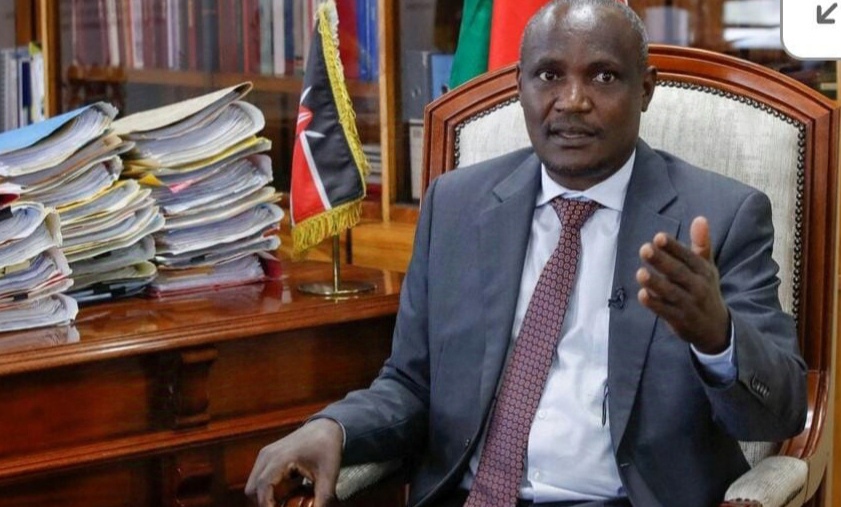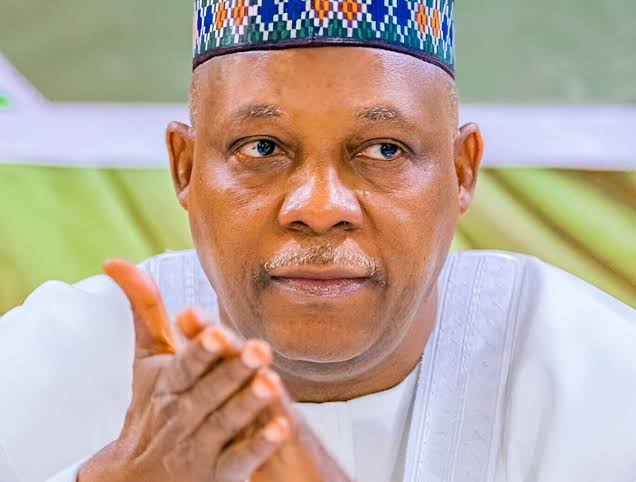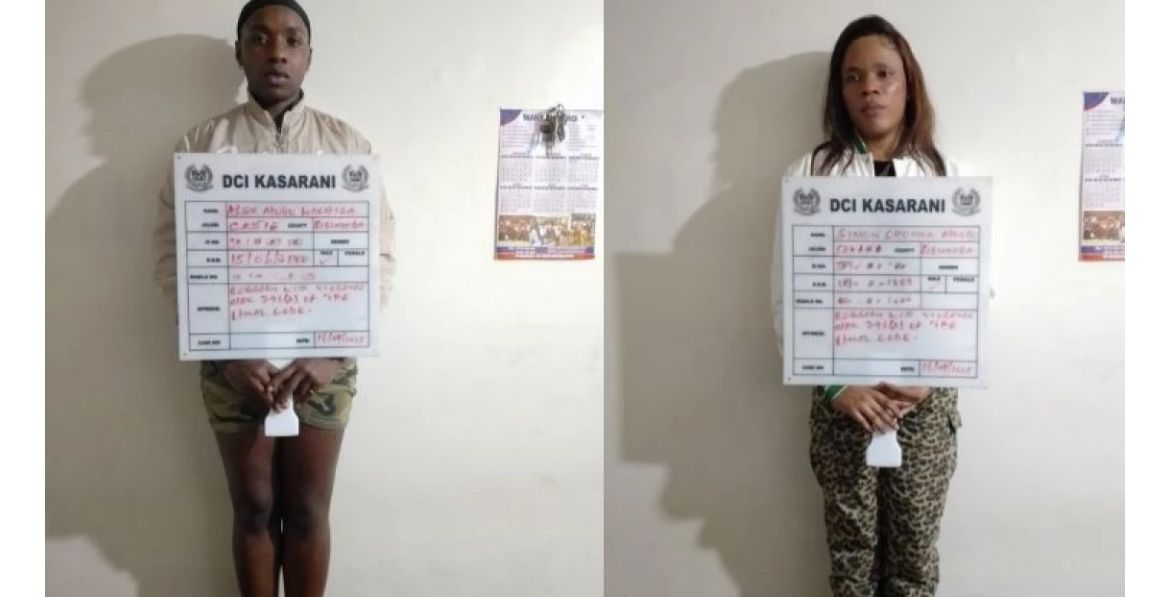Kenya In Talks With IMF For New Lending Program Amid Economic Challenges

By Lisbeth Micheni, Kenya
The Kenyan government has initiated discussions with the International Monetary Fund (IMF) for a new lending program as the current arrangement approaches its April expiration.
The negotiations come amid growing concerns over the country’s rising debt servicing costs and the recent suspension of tax hikes following widespread public protests.
According to Kenya’s Finance Minister John Mbadi, the talks with the IMF aim to secure continued financial support to stabilize the economy.
“We have started discussions on a successor program to ensure we maintain macroeconomic stability and meet our fiscal obligations,” he stated.
Kenya’s external debt burden has been a significant concern, with debt servicing costs consuming a large portion of the national budget.
The government recently explored various funding options, including a $1.5 billion loan from the United Arab Emirates and plans to issue a new Eurobond to ease financial pressures.
The IMF’s current lending program, which began in 2021, has provided Kenya with financial assistance to implement economic reforms.
However, the government’s recent decision to suspend tax hikes due to public outcry has raised questions about how it will meet revenue targets required by international lenders.
The move to engage the IMF again has sparked mixed reactions. While some economists argue that securing additional IMF funding will provide short-term relief, critics warn that the loans could come with stringent conditions, potentially leading to further austerity measures.
Kenya’s private sector has shown modest growth in recent months, as indicated by the Stanbic Bank Kenya Purchasing Managers’ Index (PMI), which recorded slight expansion in January.
However, businesses remain cautious about future economic policies, particularly those tied to IMF loan conditions.
The IMF’s response to Kenya’s request and the specific terms of any new program remain uncertain.
However, the discussions highlight the government’s urgency in addressing its fiscal challenges while balancing public concerns over economic policies.
As the negotiations progress, all eyes will be on the IMF and Kenya’s financial leadership to determine the next steps in navigating the country’s economic future.
categories
recent posts

NIGERIA: Peter Obi Meets Imprisoned Teen Supporter, Quadri, Vows To Sponsor His Education


SOUTH SUDAN: MSF Calls For Urgent Lifting Of El Fasher Siege To Facilitate Aid Delivery


